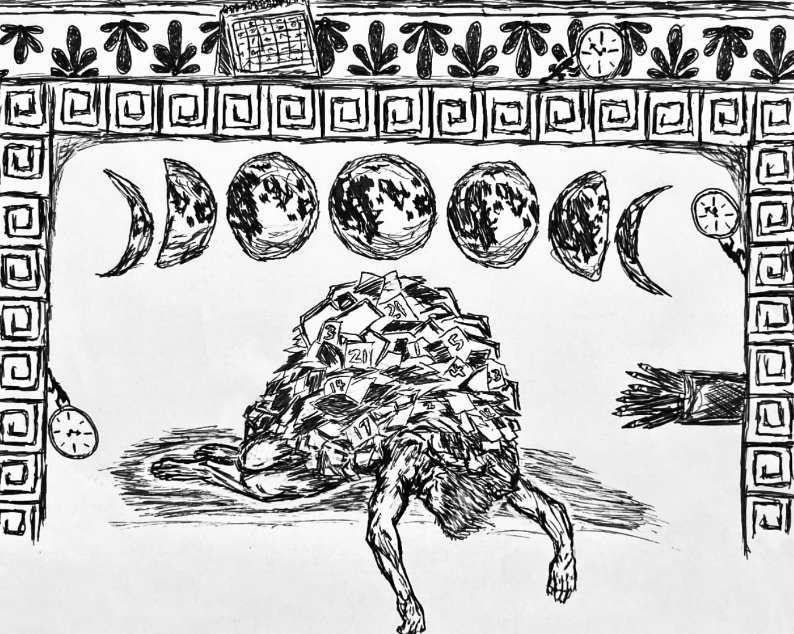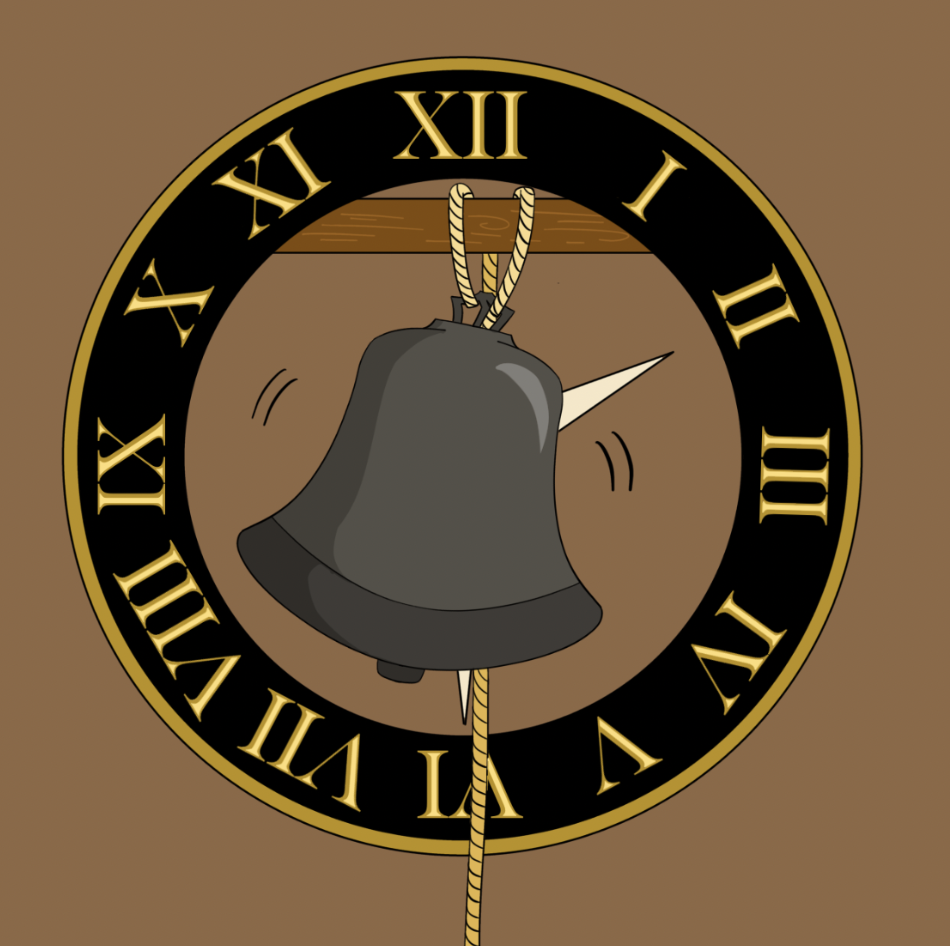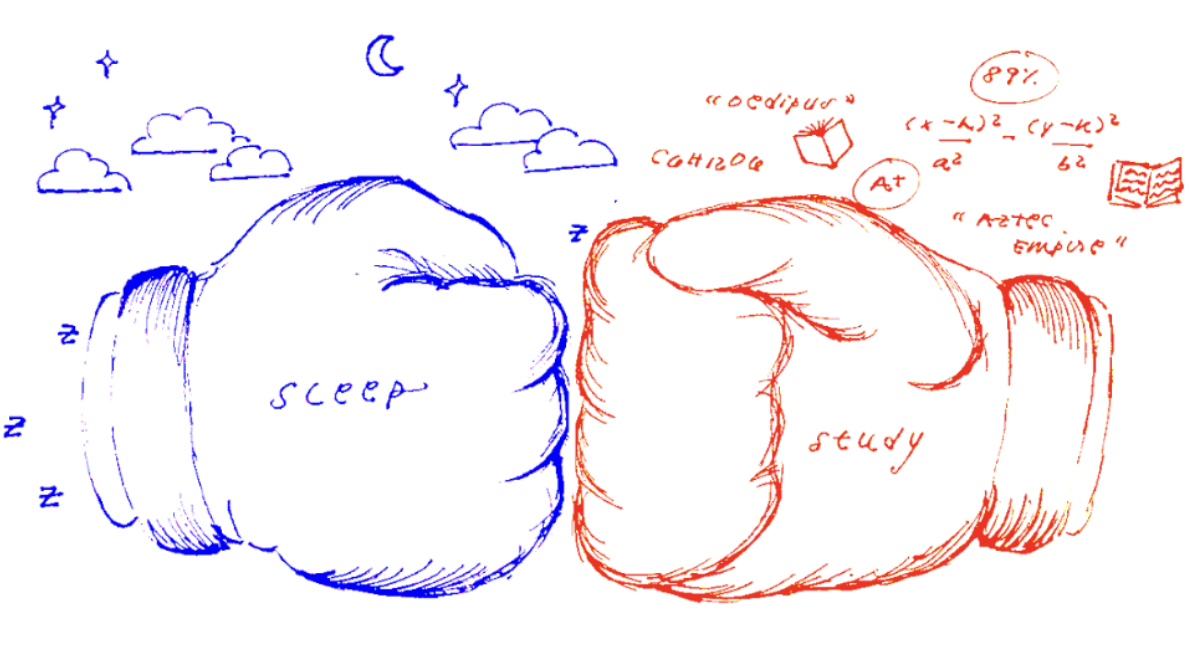Groton’s halls brim with excitement as the new school year is underway. A sense of joy fills the campus as students are busy reuniting with friends, resuming extracurriculars, and pursuing new academic challenges— the thrill of a “fresh” start is hard to ignore. Despite the supposed restart, students must manage pre-existing problems while also dealing with the demands of a new school year.
Like any academically rigorous institution, the pressure on students to perform well persists into the new school year. As students feel they fell short of what they had aimed for in the past, new beginnings only mean striving to meet higher expectations despite the increased workload. Many students only see the new school year as a means to mask last year’s performance— the vicious cycle results in anxiety, burnout, and inauthentic exploration. Groton can tackle this problem by emphasizing tabula rasa (a clean slate) through a ceremony in the new school year. All students will write any lingering academic or general concerns on paper and dispose of them through communal burning. Watching past problems virtually disappear is a healthy tradition and underscores the promise of the new school year for all students.
Furthermore, settling into the new school year is also challenging due to the presence of cliques. Strong friendships, usually found within cliques, make up our support system at Groton. However, students believe most cliques are “made before the new school year” and are “highly exclusive.” Since cliques are ubiquitous and remain insular, it is difficult for new and returning students to feel supported. To effectively address this challenge, increased advisory and counselor meetings are imperative. One possibility is to create joint advisory meetings where students engage with different groups each time. Frequent mixing of advisory groups— similar to sit-down dinners— invites students to go out of their comfort zone and converse beyond their designated network of friends.
Lastly, strong role models within the student body are vital to discourage bottling up personal challenges. One effective approach is to replace the senior advisor program with all-inclusive peer mentoring. Unlike the senior advisor program, the peer mentor program will be tiered and require structured meetings: structured meetings will always provide students with an outlet to seek mentorship. The tiered system means each form will mentor the one below, providing fresh guidance since they have recently completed the same experience. By gaining advice on issues from older peers, students are placed in a supportive environment, requiring no need to navigate concerns alone.
While the buzz of the new school year is undeniable, we need to remember that past issues still require attention— Groton should not rely solely on the energy of the new school year to solve lingering student concerns. Instead, the Groton community should support one another and take active approaches to alleviate concerns, ensuring students start the new school year prepared.








